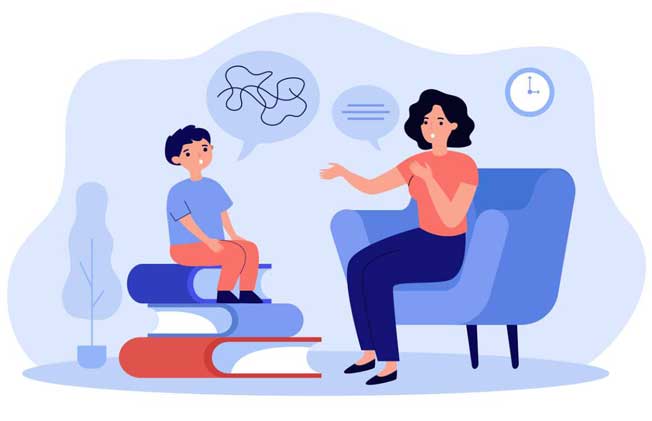Cognitive Behavioural Therapy
Mindgram Therapies

What is CBT?
Cognitive Behavioural Therapy is one of the most commonly used psychotherapies to treat a wide range of mental health issues. It is an effective tool that helps an individual identify destructive or negative thought patterns which adversely impact his or her behaviour.
CBT is a short-term and problem-specific treatment approach in which both the therapist and the patient are active participants working towards mutual established goals.
Who can benefit from CBT?
Generally, CBT is used to treat depression and anxiety disorders. But it can also help treat other conditions such as:
- Anger management
- Bipolar disorder
- Anorexia
- Bulimia
- Panic disorder
- Borderline personality disorder
- OCD
- PTSD
- Psychosis
- Schizophrenia
- Insomnia
- Alcohol abuse
- Sexual and relationship problems
How does CBT work?
In a cognitive behavioural therapy session, the therapist helps the patient identify and replace negative thought patterns with positive or healthier thoughts.
The first step involves creating awareness about the patient’s thoughts and underlying beliefs. Once these are identified, the patient would be asked to make changes by transforming thoughts and ideas that prevent him or her from leading a positive, healthy and happy life. The therapist would then ask you to practice changes in everyday life and discuss progress in the next therapy session. This is a gradual process and it is recommended that the patient takes small incremental steps towards behaviour change.
CBT is a proven technique which sometimes works as effectively as antidepressants. Research indicates that people who use a combination of CBT and medications tend to have better outcomes and benefits that last way longer than other treatment approaches.
The course of CBT treatments generally last anywhere between 50 and 20 sessions. Each session can last from 30 to 60 minutes.
How to make the most of a CBT session?
Here are some tips that can make cognitive behavioural therapy work for you
- Be an active participant, set goals and measure progress
- Be willing to share your thoughts and feelings
- Be open to receiving new insights
- Try not to skip your therapy sessions
- Do not expect instant results
- If you feel that you are not benefitting from the sessions, talk to your therapist